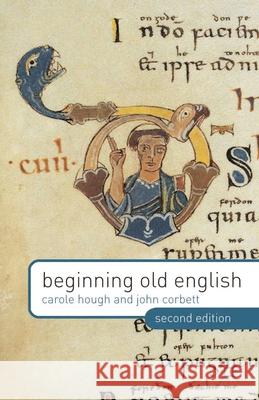Beginning Old English » książka
topmenu
Beginning Old English
ISBN-13: 9780230301399 / Angielski / Twarda / 2013 / 308 str.
Kategorie:
Kategorie BISAC:
Wydawca:
Palgrave
Język:
Angielski
ISBN-13:
9780230301399
Rok wydania:
2013
Wydanie:
2013
Ilość stron:
308
Waga:
0.50 kg
Wymiary:
21.59 x 13.97 x 1.75
Oprawa:
Twarda
Wolumenów:
01
Dodatkowe informacje:
Obwoluta
Glosariusz/słownik
Glosariusz/słownik











